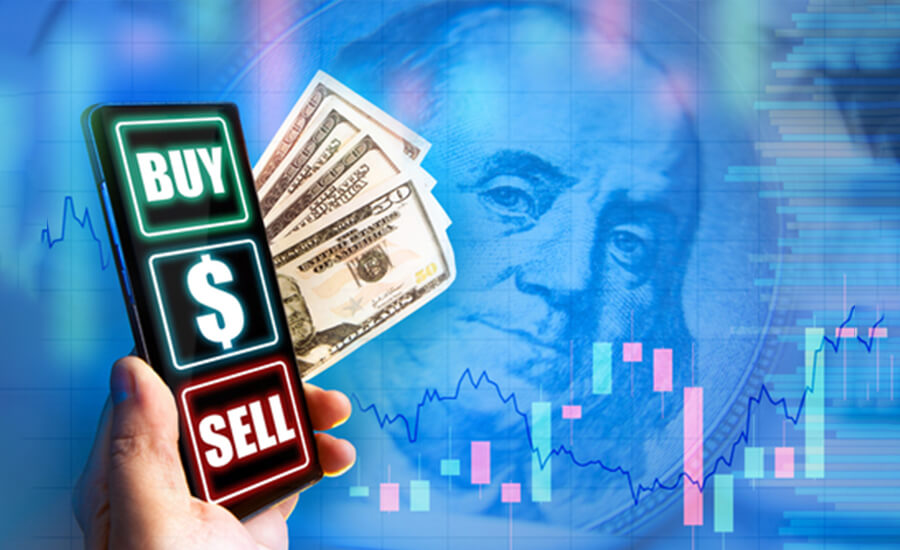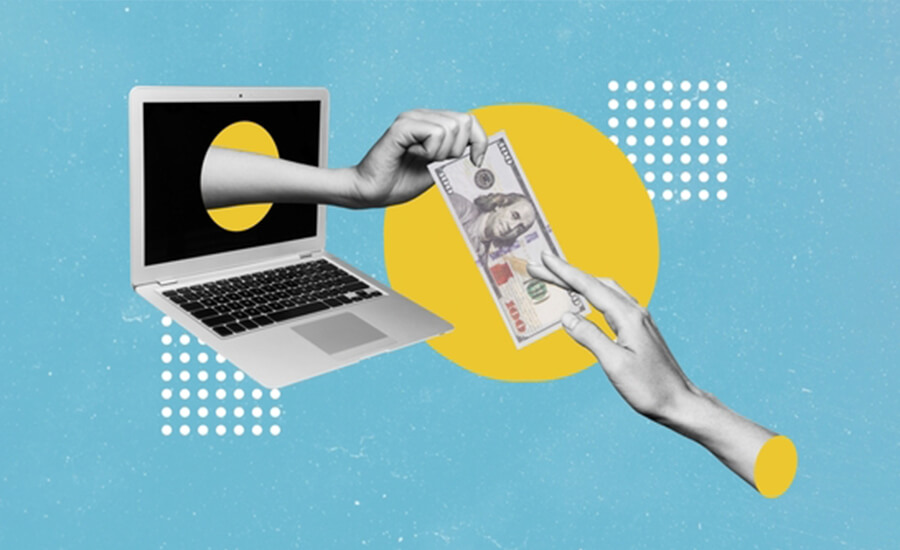Forex trading, also known as foreign exchange trading, is the buying and selling of currencies with the aim of making a profit from fluctuations in their exchange rates. It is the largest and most liquid financial market globally, with trillions of dollars being traded every day. In this blog post, we will explore the basics of forex trading and provide insights into how you can participate in this exciting market.
How Forex Trading Works
Forex trading involves the simultaneous buying of one currency and selling of another. Currencies are always traded in pairs, with the first currency being the base currency and the second currency being the quote currency. For example, in the EUR/USD currency pair, the euro is the base currency, and the US dollar is the quote currency.
The exchange rate represents the value of one currency in relation to another. Exchange rates fluctuate based on various factors such as economic indicators, geopolitical events, and market sentiment. Forex traders aim to profit from these fluctuations by speculating on whether a currency will appreciate or depreciate in value relative to another currency.
Key Participants in the Forex Market
1. Banks: Banks are major players in the forex market, both as market makers and participants. They facilitate currency transactions for their clients and engage in speculative trading to profit from exchange rate movements.
2. Central Banks: Central banks play a vital role in the forex market. They implement monetary policy, manage foreign reserves, and sometimes intervene in the market to stabilize their domestic currency’s value.
3. Corporations: Multinational corporations engage in forex trading to manage their international business operations and mitigate currency risks.
4. Retail Traders: Retail traders, including individual investors and speculators, participate in the forex market through online trading platforms provided by brokers. This has made forex trading accessible to a broader audience.
Major Currency Pairs
There are several currency pairs traded in the forex market, but some pairs are more actively traded and have higher liquidity. These pairs are known as major currency pairs and include:
- EUR/USD: Euro/US Dollar
- USD/JPY: US Dollar/Japanese Yen
- GBP/USD: British Pound/US Dollar
- USD/CHF: US Dollar/Swiss Franc
- AUD/USD: Australian Dollar/US Dollar
- USD/CAD: US Dollar/Canadian Dollar

Getting Started in Forex Trading
To begin your forex trading journey, follow these key steps:
1. Educate Yourself: Start by acquiring a solid understanding of the forex market, including terminology, trading strategies, and risk management techniques. There are numerous educational resources available, including online courses, tutorials, and books.
2. Choose a Reliable Forex Broker: Selecting a reputable forex broker is crucial. Look for a broker that is regulated, offers competitive spreads, provides a user-friendly trading platform, and offers educational materials and customer support.
3. Open a Trading Account: Once you’ve chosen a broker, open a trading account. Most brokers offer different types of accounts to cater to various trading needs. Consider factors such as account size, leverage, and trading platform compatibility when choosing the account type.
4. Develop a Trading Plan: Before you start trading, develop a well-defined trading plan that outlines your goals, risk tolerance, and trading strategies. A trading plan will help guide your decision-making process and keep you focused on your objectives.
5. Practice with a Demo Account: Most brokers offer demo accounts that allow you to practice trading with virtual money. Use this opportunity to familiarize yourself with the trading platform, test different strategies, and gain confidence before trading with real money.
6. Manage Risk: Risk management is vital in forex trading. Set realistic profit targets and use stop-loss orders to limit potential losses. Avoid risking a significant portion of your capital on any single trade.
7. Stay Informed: Stay updated on market news, economic indicators, and geopolitical events that can impact currency exchange rates. Economic calendars and financial news websites can provide valuable information for informed trading decisions.
Forex trading offers exciting opportunities for individuals to participate in the largest financial market in the world. However, it’s important to approach forex trading with knowledge, discipline, and a well-defined trading plan. With education, practice, and the right mindset, you can navigate the forex market and potentially profit from currency fluctuations. Remember, forex trading carries risks, and it’s essential to manage those risks effectively through proper risk management techniques.















